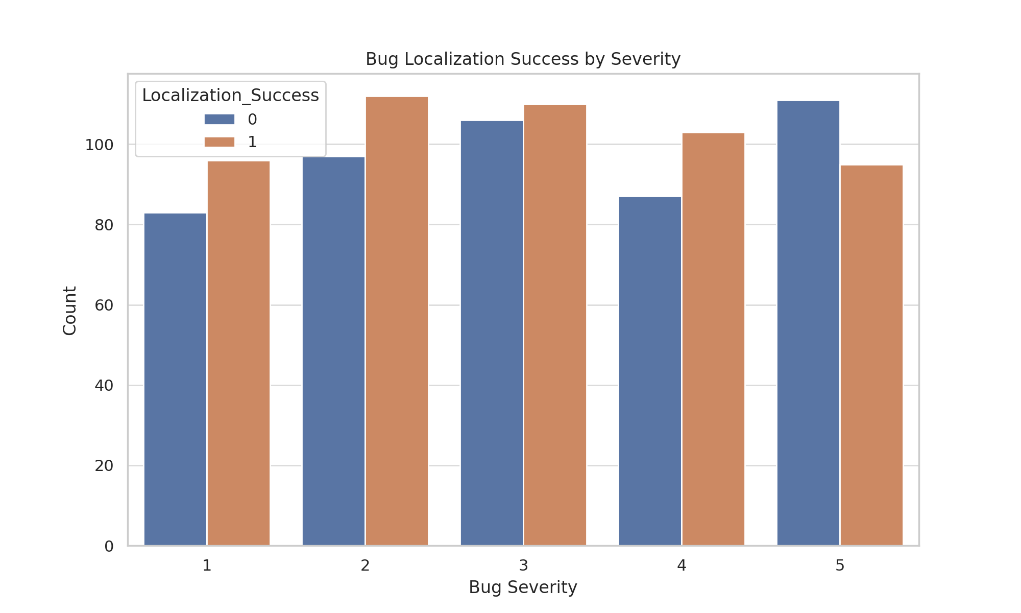ENHANCING SOFTWARE QUALITY: A NOVEL APPROACH TO BUG LOCALIZATION USING HYBRID AI TECHNIQUES
DOI:
https://doi.org/10.71146/kjmr124Keywords:
Bug Localization Techniques, Hybrid AI Model, Support Vector Machine (SVM), Rule-Based System, Software Quality, Machine Learning, Precision and Recall, Software Debugging, AI in Software EngineeringAbstract
This research introduces a novel hybrid Artificial Intelligence (AI) model for bug localization aimed at improving software quality by accurately pinpointing defects in code. By integrating the analytical strengths of a Support Vector Machine (SVM) with the heuristic insight of a rule-based system, our approach seeks to address the intricacies and nuances inherent in software debugging. The proposed model was trained and tested on a synthesized dataset reflecting a diverse range of bug severities and software features, intending to simulate real-world scenarios. The performance was evaluated using standard metrics such as accuracy, precision, recall, and F1-score, yielding moderate success with precision at 60.40%, accuracy at 54.67%, recall at 53.89%, and an F1-score of 56.96%. While promising, these results indicate potential areas for refinement in balancing precision and recall and in enhancing the model's overall predictive accuracy. The findings underscore the complexity of bug localization and the potential for hybrid AI systems to contribute significantly to this challenging domain.
Downloads

Downloads
Published
Issue
Section
License
Copyright (c) 2024 Waqas Ali, Aakash Ali (Author)

This work is licensed under a Creative Commons Attribution 4.0 International License.






